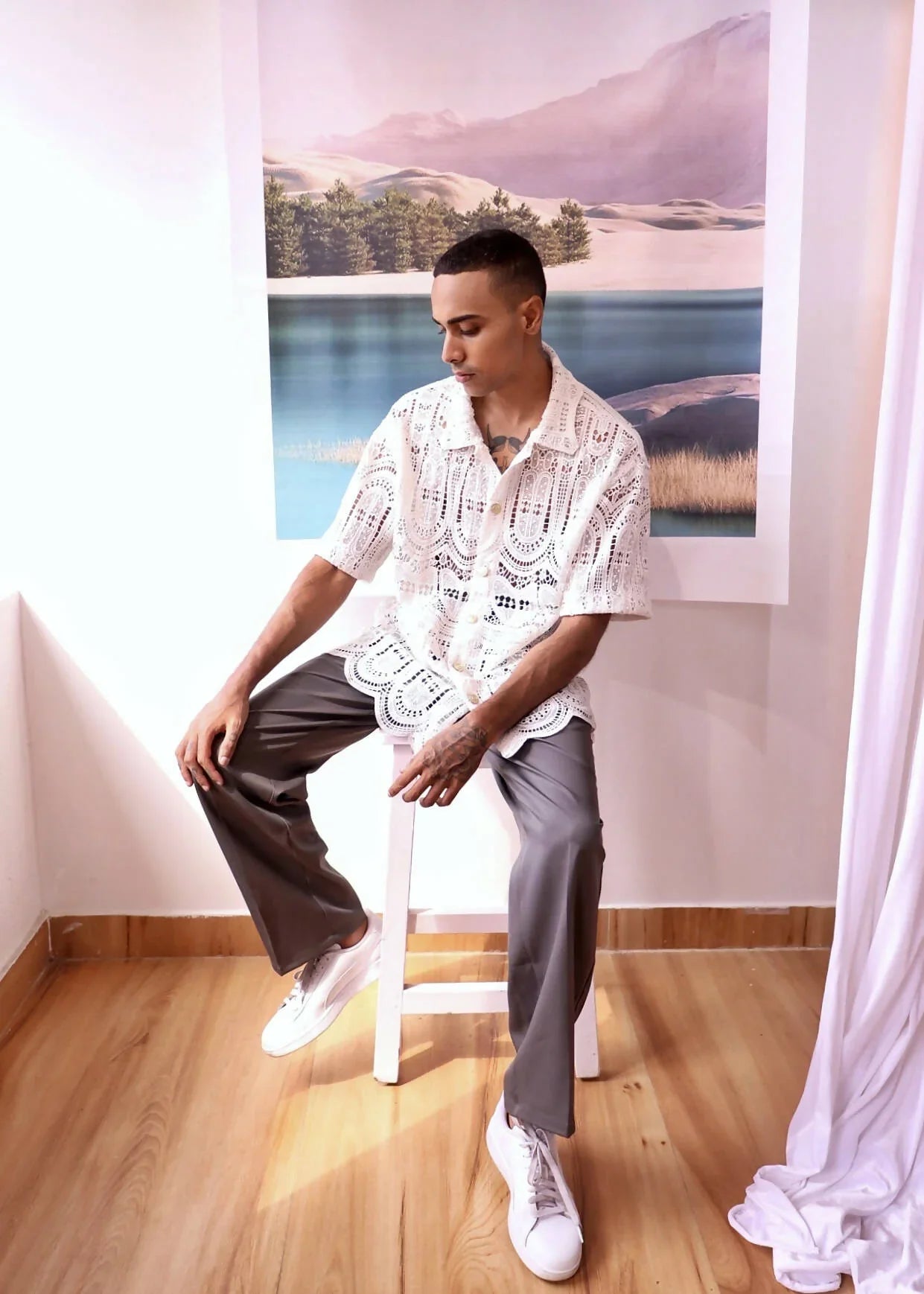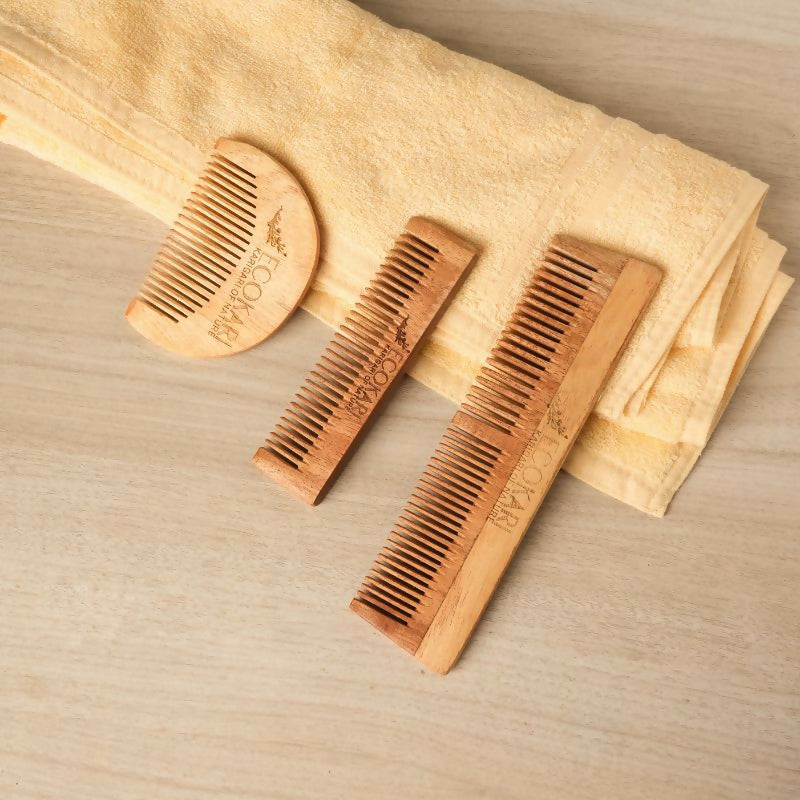Your Must-Watch Documentary: Sweatshops Deadly Fashion

Can your shopping choices really change someone’s life? What if that low price tag on your cart hides a story of exploitation and helplessness?
Sweatshops Deadly Fashion is a documentary from 2015 by Java Films that cuts deeper than surface-level awareness. This documentary reveals the human cost of convenience sustaining the fashion business model that treats people and the planet as disposable. It follows three young, wealthy Norwegian fashion bloggers who live for likes, haul videos, and monthly shopping sprees. They grew up in an environment where they never paused to ask, "Who made this?"
In the film, they fly to Phnom Penh, Cambodia, and trade their stylish lives for the shoes of garment workers. They walk into a world they had never noticed before.
But before that!
How common this is: There are around 75 million garment workers worldwide in fast-fashion chains, and under 2% earn a living wage that "covers" food, shelter, and healthcare.
How long they work: Some put in up to 10 hour days, seven days a week, and might even work 96 hours a week.
How dangerous conditions are: In Bangladesh alone, the Rana Plaza collapse killed 1,134 people in 2013. The Dhaka garment factory fires in 2012 killed over 117.
Gendered exploitation: Roughly 80-85% of garment workers are women, many suffering harassment, denied maternity leave, or forced overtime.
Most of us don’t see them when we shop, hidden under the discounts. We don’t see the $3 wages in sweatshops.
(Image credit - Sweatshops Deadly Fashion Documentary by Java Films)
Back to the film:
At the start, one of them says what we’ve all said before- "I have nothing to wear." Meanwhile, they’re surrounded by piles of clothes.
They admit they’ve never read a clothing label or cared where something was made. Most of us don’t. But that changes when they meet the people behind those tags.
They meet a young Cambodian woman who works from 7 AM to 8 PM with no time to rest, and on Sundays, she works an eight hour shift. Her life is built around sewing garments for $3 a day.
When the bloggers work at the factory themselves, even for a day, they can’t believe the fatigue, the mental and physical exhaustion. Then they have to use their $3 that they earned for the day to buy food and cook a meal for others. Watching that moment is a wake-up call. It makes survival feel like strategy.
By the end, they are in tears. They realize the workers are not used to this life. They’ve just had no other choice.
This isn’t a film meant to shock you for clicks nor guilt-trip you into activism. It simply holds a mirror and says - this is what your fast fashion buys into.
This is why ethically made clothing, upcycled fashion, or slow fashion becomes a necessity. It respects the process and the makers, it values the people who make it and those for whom it is made.
If you’ve ever wondered whether your shopping habits matter, this film will show you they always have.






Leave a comment